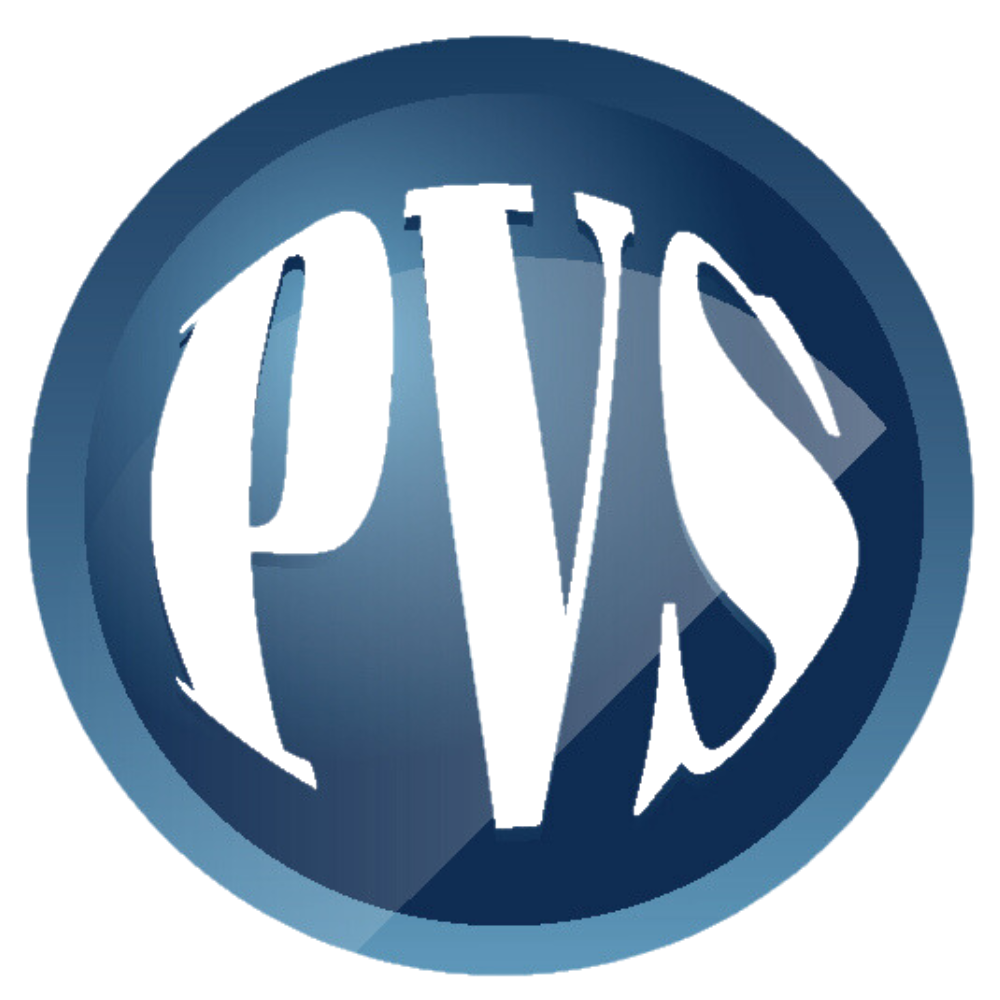
Choosing the Right Property Tax Firm: A Comprehensive Guide
When it comes to making tax payments to jurisdictions on time, many businesses have learned that maintaining compliance is challenging, complex and inherently laden with financial risks and operational headaches. And with the recent surge of remote work, tax payment processing has only become more problematic for many businesses. These challenges are unlikely to go away anytime soon, for a few reasons:
- Tax compliance is increasingly complex according to the Tax Policy Center. The current tax system in the U.S. didn’t come to be all at once – it developed as a result of additions, subtractions and changes to the tax code made through legislative bills over time. It’s unlikely that taxes will get any simpler for businesses anytime soon.
- Tax compliance is costly and time-consuming. The time, money and resources it takes for individuals and businesses alike to comply with the tax code are significant. According to the Tax Foundation, tax compliance alone costs the U.S. economy $409 billion every year.
- Tax compliance is not a core competency. Compliance and risk management systems are designed to protect organizations and limit liability, but they aren’t necessarily productive when it comes to adding value, according to Harvard Business Review. As a result, maintaining compliance for complex issues, like tax, can be an internal resource drain for businesses that prevent them from focusing on other, more competitive, areas.
- Check payments are unwieldy and expensive. Bank of America estimates that issuing a paper check costs businesses between $4 and $20 per check. Many tax jurisdictions still require paper checks and returns to be physically mailed to their location. The cost and operational demands of managing paper checks and returns should not be underestimated.
Businesses who manage their tax payments in-house are likely to have additional costs, see inefficiencies in their process and work harder to overcome unnecessary challenges. Here are some of the biggest challenges of managing tax payments in-house.
Paying Taxes to Multiple Jurisdictions is Complex
Not all jurisdictions accept tax payments the same way. Some jurisdictions require that payments be submitted via paper check along with a printed return, while others require electronic payments through their own payment portals – and these requirements can change over time. Businesses who attempt to keep up with changing formats and guidelines themselves will have their work cut out for them.
It’s unlikely that tax regulations and jurisdictional requirements will become any simpler in the future – you only have to look back to South Dakota v. Wayfair for an example of a recent, major legislative shakeup. It seems more probable that staying compliant will only continue to become more complex and difficult for businesses, especially those with many tax jurisdictions to pay.
Maintaining compliance requires keeping track of large volumes of forms and mailing addresses and visiting multiple jurisdictional websites to facilitate online payments. Businesses that can’t keep up run the risk of triggering audits, governmental interference and incurring costly expenses in the form of penalties and interest fees.
Whether the business is paying sales and use taxes, property taxes, excise taxes, business licenses and/or registrations – or some combination thereof – it’s a complicated environment.
Managing Taxes Can Be Costly & Inefficient
Businesses may be throwing too much staff, time, money and energy at a resource-draining tax process. Too often, they may not have the staff necessary to maintain tax compliance or manage tax payments efficiently. Processing tax payments adds a burdensome workload to existing internal departments.
Managing tax payments can be labor-intensive and costly. Tax compliance pros will need to study and understand guidelines for each tax type and jurisdiction. Then, a busy accounts payable (AP) or treasury department will have to process the payments quickly and in line with jurisdictional requirements.
This interplay between departments can be a common point of misalignment and communication breakdowns. The AP or treasury department may be accustomed to paying bills within 30 days, not the quick turnaround time that taxing authorities often require. And tax personnel may not have the clearance to access canceled checks or check images to investigate claims of unpaid tax bills.
Even when a company has quality tax software and dedicated staff, there is no guarantee that payments will be made on time. Multiple approvers for large payments can add to the time it takes to pay a tax bill, and expediting payments when necessary can be painful when it needs to run through multiple staff members for approval or processing.
Tax Payment Compliance is Not a Core Competency for Most Businesses
Most businesses don’t differentiate themselves from their competitors by paying their tax payments efficiently. Their customers simply don’t care about what goes on behind the scenes.
To stay competitive, businesses need to focus on whatever it is they do best.
Compliance and risk systems are built to protect against liability, not drive productivity. For this reason, it’s crucial for businesses to delegate and outsource activities that don’t add to their value and bottom line. In this way, they can stay competitive, work on servicing their customers and continue to honor their core values.
Remote Work & Physical Locations
As an added complexity starting in 2020 with the pandemic, remote work is the current default for many businesses, with almost twice as many employees working from home than working in a physical office according to Stanford research. This shift may extend well past the pandemic – businesses are waking up to the fact that they can maintain operations with much of their staff at home on a full-time or part-time basis. A survey from Enterprise Technology Research reports that the number of employees working from home permanently is expected to double in 2021.
But managing tax payments doesn’t mix well with remote work. While some tax jurisdictions can be paid online and by electronic payment, many jurisdictions still require paper checks and physical returns to be mailed.
Printing paper checks and returns, and then mailing them to jurisdictions, is going to be much more difficult for internal staff to manage when they can’t be in the office. What was a labor-intensive or time-consuming process before may now be completely unrealistic without regular access to company checks and mailrooms.
The Case for Outsourcing
Paying taxes on time and in compliance is essential. But businesses who manage the process themselves may spend too much time, energy and money doing so. It also comes with risk – making late payments can result in penalties and interest fees. And remote work is making it difficult to keep up with the issuing and mailing of physical checks and paper returns.
Traditional payment processes do not lend themselves to the unique demands of the tax payment process. But automated solutions can facilitate transactions, provide insight into payments and enable individuals to more effectively oversee the entire payment process. Companies that invest in automation are taking a step toward systemizing their tax management and minimizing overhead costs.
The benefits of automating tax payments include:
- No more keeping track of jurisdictional compliance. When it comes to paying taxes, keeping track of which jurisdictions to pay, and how much to pay them, is only part of the problem. You’ve also got to keep track of how each jurisdiction accepts payments and returns. Keeping up with hundreds or thousands of taxing jurisdictions, and how to remit payments to each one, is a huge undertaking. Automating your tax payments with a payment processor shifts this work off your shoulders.
- No more devoting resources to payment processing. Your AP and Treasury departments are already managing many financial aspects of your business. Processing large volumes of tax payments each month is a further drain on time, money and resources. Outsourcing will take away this workload, and can help you avoid delays and costly penalties or fees.
- The ability to focus on your organization’s strong suits. When businesses can remain compliant with tax regulations and debts without having to devote a burdensome amount of time, money and resources to the process, they have a greater ability to focus on their core competencies.
- Remote work is no longer an obstacle. Across the country, many tax jurisdictions still require paper checks and tax returns. But widespread remote work can make it more difficult to process physical checks and documents. Outsourcing your tax payment process to an organization with large-scale printing and mailing capabilities will ensure your checks and returns are handled efficiently and on time.
While taxes are an inevitable cost of doing business, the burden of paying them can be mitigated with an effective, automated solution from an experienced payment processor.
About Anybill
Since 2001, Anybill has provided tax payment automation to many of the world’s largest companies and organizations. Headquartered in Washington, D.C., Anybill is SSAE 18 SOC1 Type II and SOC2 Type II compliant and HIPAA compliant.
Anybill works with clients across all industries, and partners with accounting firms around the country to automate their clients’ tax payments. The company’s combination of technology, service, treasury and payment processing capabilities make it a unique solution for tax payment challenges.
To learn more about how Anybill helps automate the tax payment process, visit www.anybill.com.
Frequently Asked Questions
How do I evaluate if my business should outsource tax payment processing?
You should assess factors like the number of jurisdictions you pay, the complexity of your tax types, current staff workload, remote work challenges, and the cost of missed deadlines or penalties.
Are outsourced tax payment processors responsible for errors or late payments?
This depends on your service agreement. Some providers offer guarantees or assume liability for mistakes, while others limit their responsibility. Always review contracts carefully.
Can outsourcing tax payments improve audit readiness?
Yes. Many providers keep detailed digital records of all payments, confirmations, and correspondence with tax jurisdictions, which can streamline audit preparation and reduce stress during reviews.



